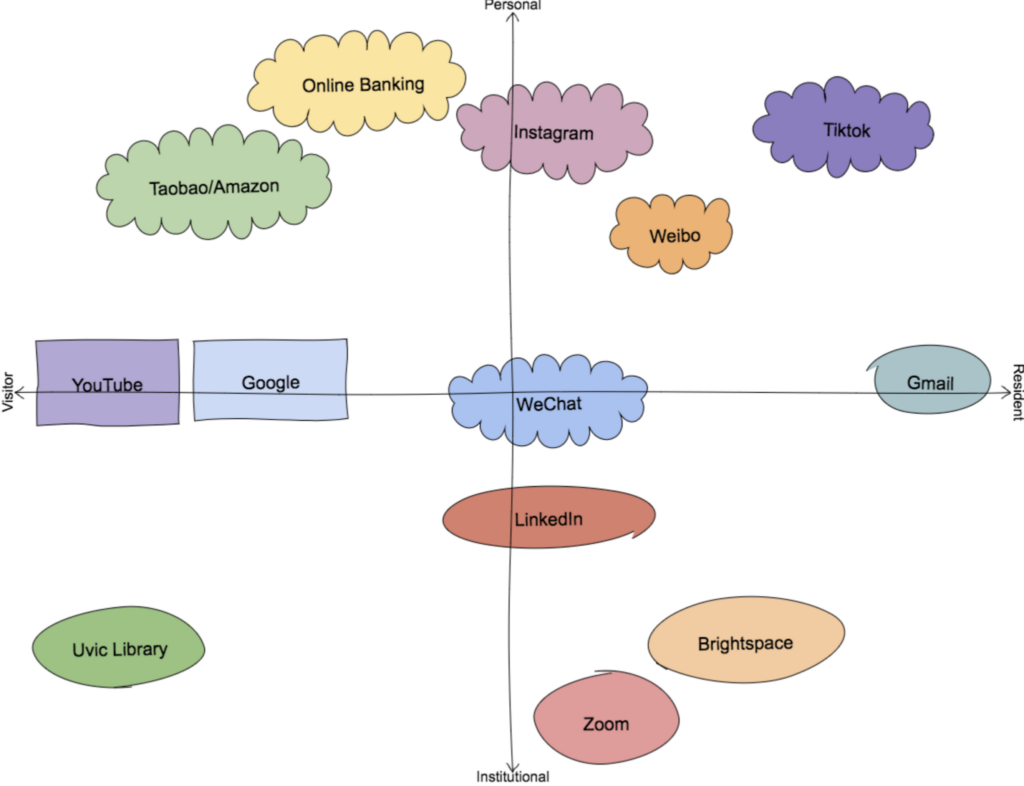
What digital platforms are students currently using to develop their professional network?
Currently, with the development of network technology, a variety of digital platforms are using widely in our daily lives, work, and study, in order to develop our professional network, such as LinkedIn, Zoom, and Twitter. LinkedIn is an invaluable site for career development and professional networking. It not only allows users to manage and showcase their professional identity, but also allows them to engage with their professional network and online communities. Also, since the COVID-19 pandemic, Zoom has become one of the most popular social media tools for students not only in their online learning, but also to develop their professional network. This digital tool allows users to make professional connections remotely and communicate with people in the world synchronously; therefore, it will be better and more effective for them to build and develop their professional network. Additionally, Twitter can be a useful digital tool for students to develop their professional network as well. There are a variety of professional accounts on Twitter. Students can easily connect with professionals by following their accounts in order to get latest news, read their tweets, and develop their professional network. Also, it will be very easy and useful for students to find their interested online communities by using hashtags on Twitter.
What could the student consider in expanding their professional learning network?
In my opinion, as the student, one of the things that we should consider about is to keep our posts active in our digital tools in order to expand our professional learning network. We could add to our profile or posts as often as we can with our personal experience, reflections, and ideas if we want to stand out and keep active. Also, in order to develop our professional learning network, following some professional accounts on digital tools and building connection and interaction with them will be another useful and effective way as well. For example, we can explore our interested online communities and find like-minded professionals to connect. In my opinion, it will be quite important and valuable for us to expand and develop our professional learning network.
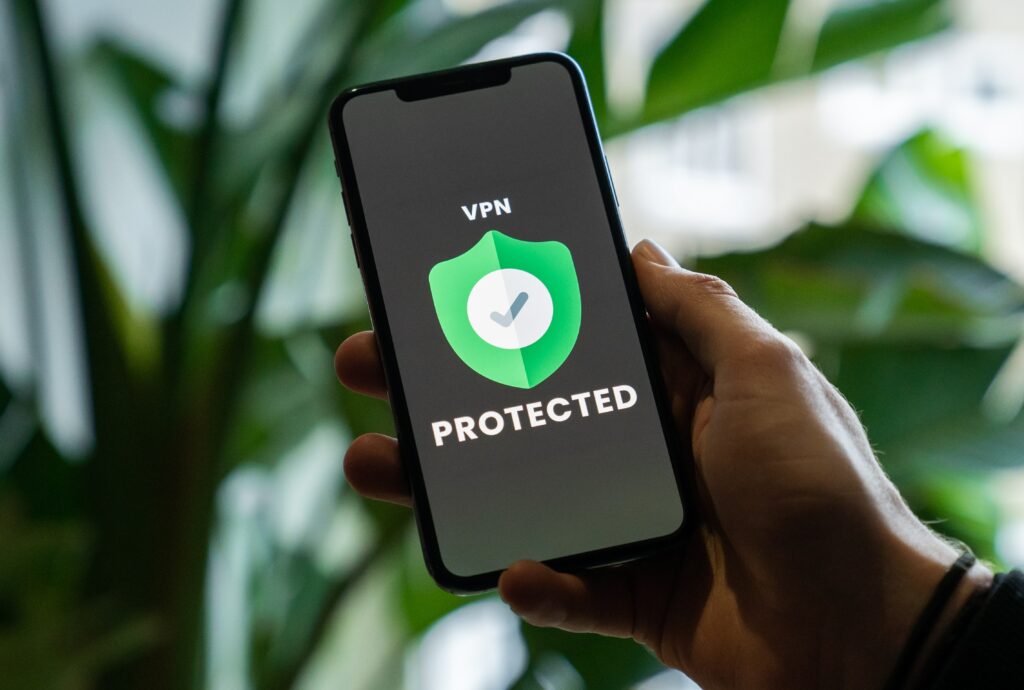
How does data privacy and security limit and/or promote a PLN?
In my point of view, the data privacy and security may limit a PLN. The personal information and data trails that we leave on our digital tools might be great interest to other third-party applications for marketing and/or other purposes. Also, when we create accounts on most digital tools, such as Google, YouTube, and Twitter, we also give them access to our personal information, including our names, address, and phone numbers. Therefore, in order to minimize the risks of personal information and data privacy leakage, some people choose to close their accounts. For example, for myself, when using my social media tools, I care more about protecting my personal information, so most of my accounts are set up as private accounts and only my friends or family members can view what I post on my social media. However, the private accounts on social media tools may limit the development of a PLN because our connection and interaction within the world are restricted as well.
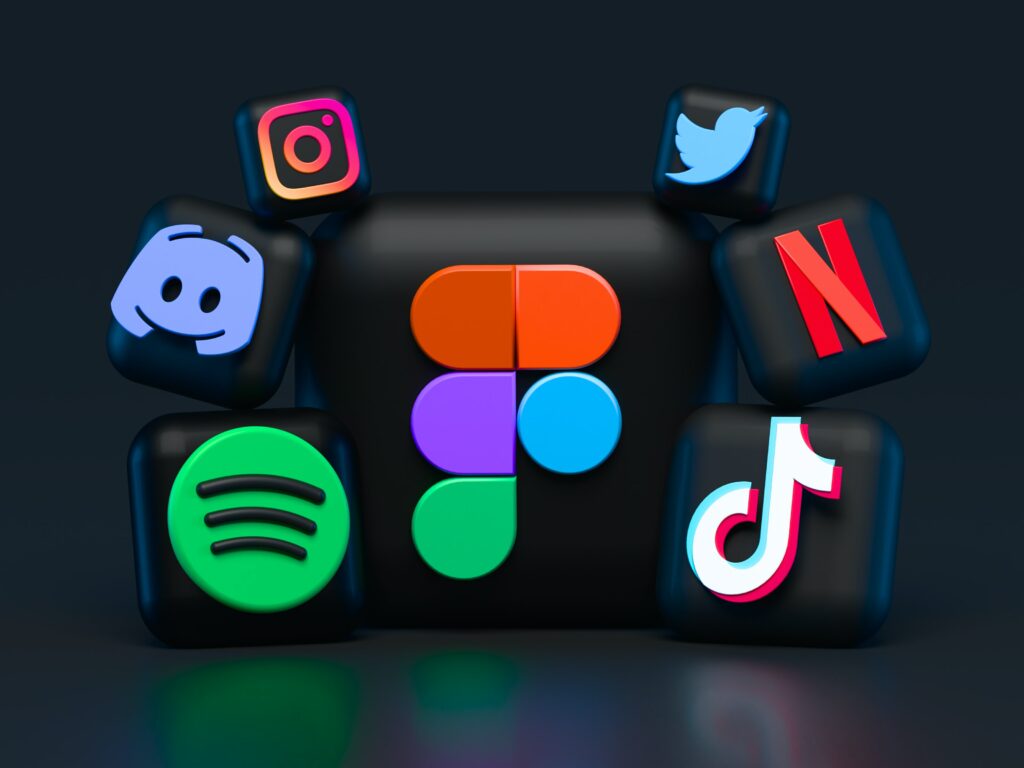
In your network, how can you create a digital identity/ reputation?
In our network, there are several ways that we can use to create our digital identity and/or reputation. Firstly, we should be clear about our goals. “Our goal may be connect with like-minded individuals” (2019). A clear goal will be quite useful and effective for us to create and develop our digital identity. Second, we should decide where to leave our footprint. In order to have a strong digital presence, we do not need to be everywhere. Instead, by being targeted with our choices, we may have the better opportunity to build online community (2019). In addition, we can distinguish our professional and personal digital identity in order to create a more effective digital identity and/or reputation. As I mentioned in my first blog post, “professional identity on social media focuses on showcasing our professional presences or portfolios” while “personal approach to digital identity focuses more about showing our personal lives and our personalities”. Therefore, separating professional and personal accounts on social media will help us better showcase our digital identity and make our digital presence more focused and effective.
Consider how an employer would respond if you applied for a job with them and they assessed your social media presence via your digital identity.
For me, I always pay attention to what I posted on my social media tools and care about my privacy setting; therefore, most of my accounts are not shown publicly. If I applied for a job with employers, I don’t think they would find too much content about my personal lives from my digital tools. Personally, I do not like to showcase my personal lives and experience with other people in public as well. However, I know that some employers like to judge their potential employees by using social media, so I may showcase my professional identity and values on some professional digital tools, such as LinkedIn, in the future.
References
How to Create a Digital Identity (2019). Retrieved from: https://www.idealist.org/en/careers/create-digital-identity-branding
PLN and Digital Identity (2022). Blog Post 1. Retrieved from: https://chencheny.opened.ca/post-1-pln-and-digital-identity/
Original Blog Post 2
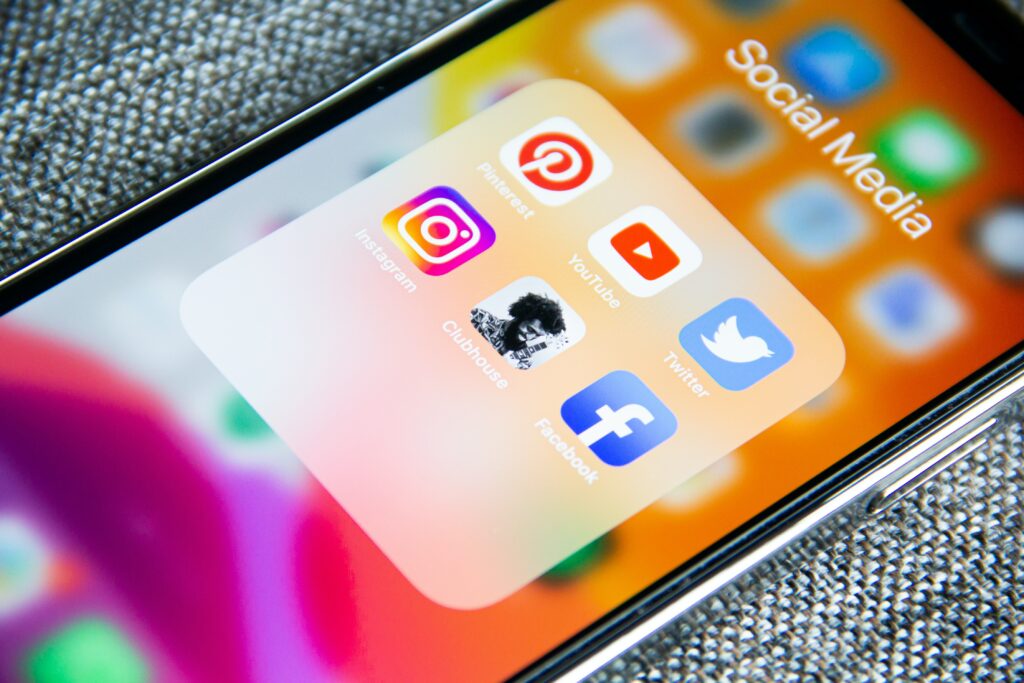
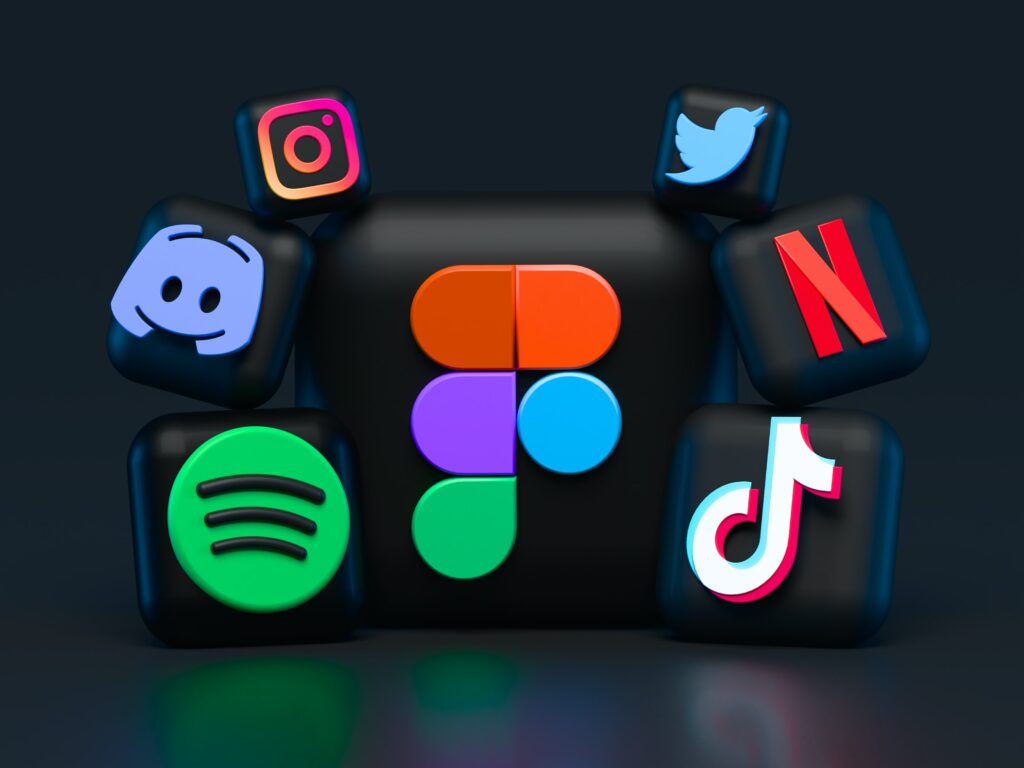
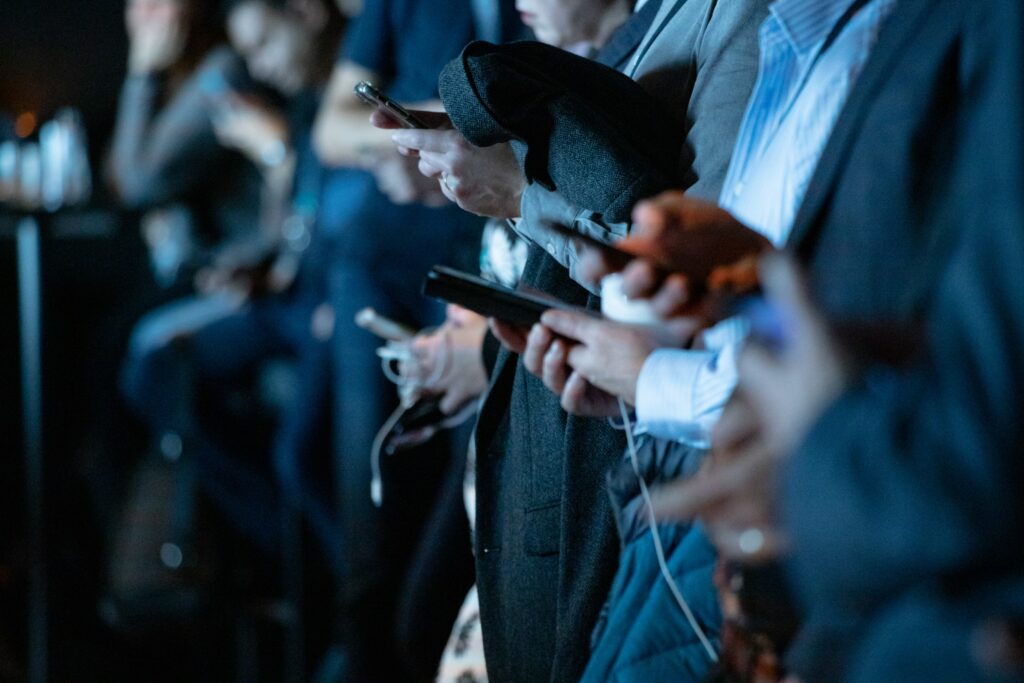
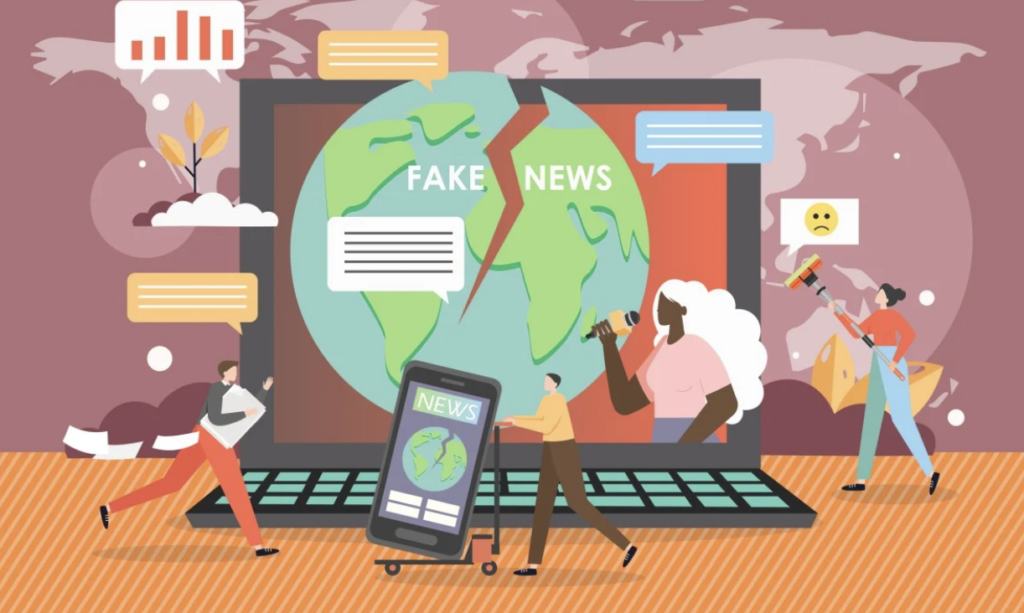
Recent Comments